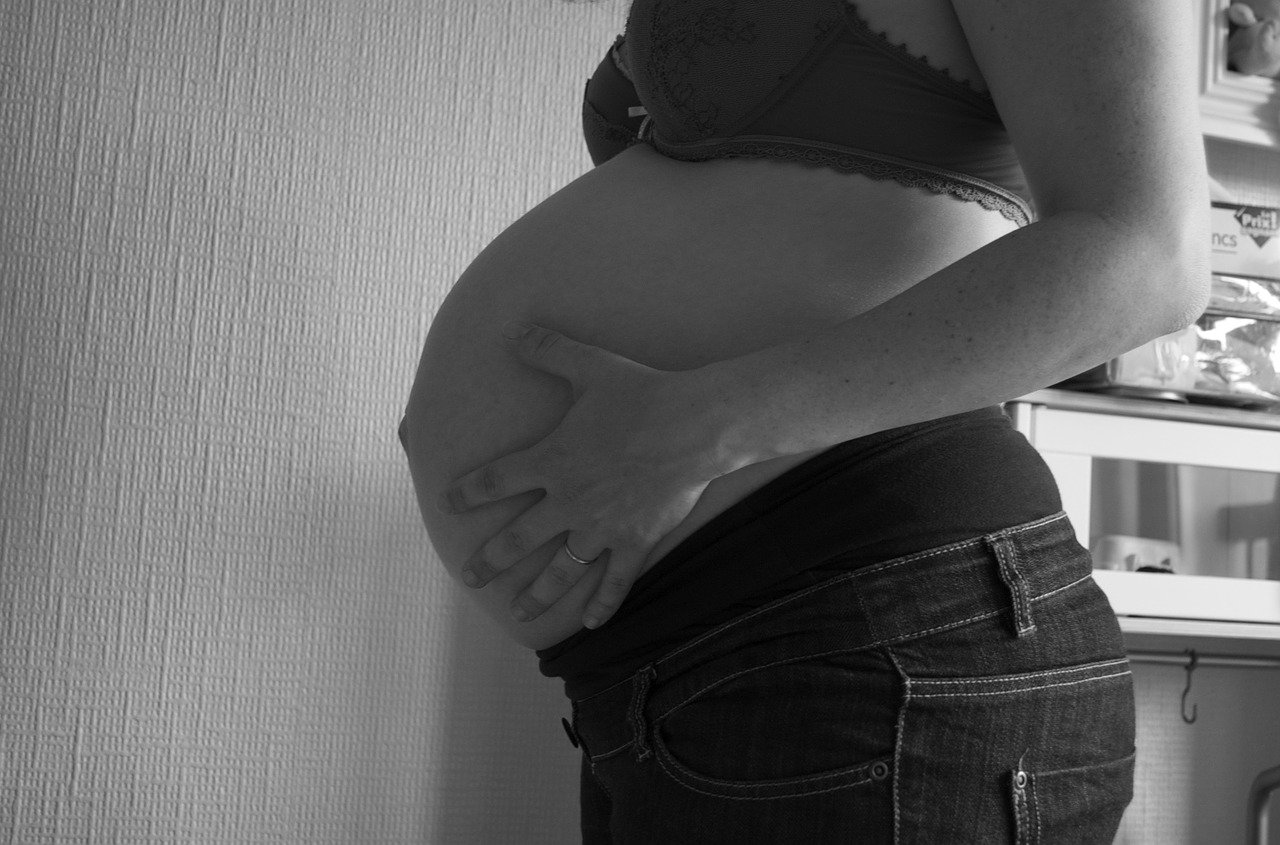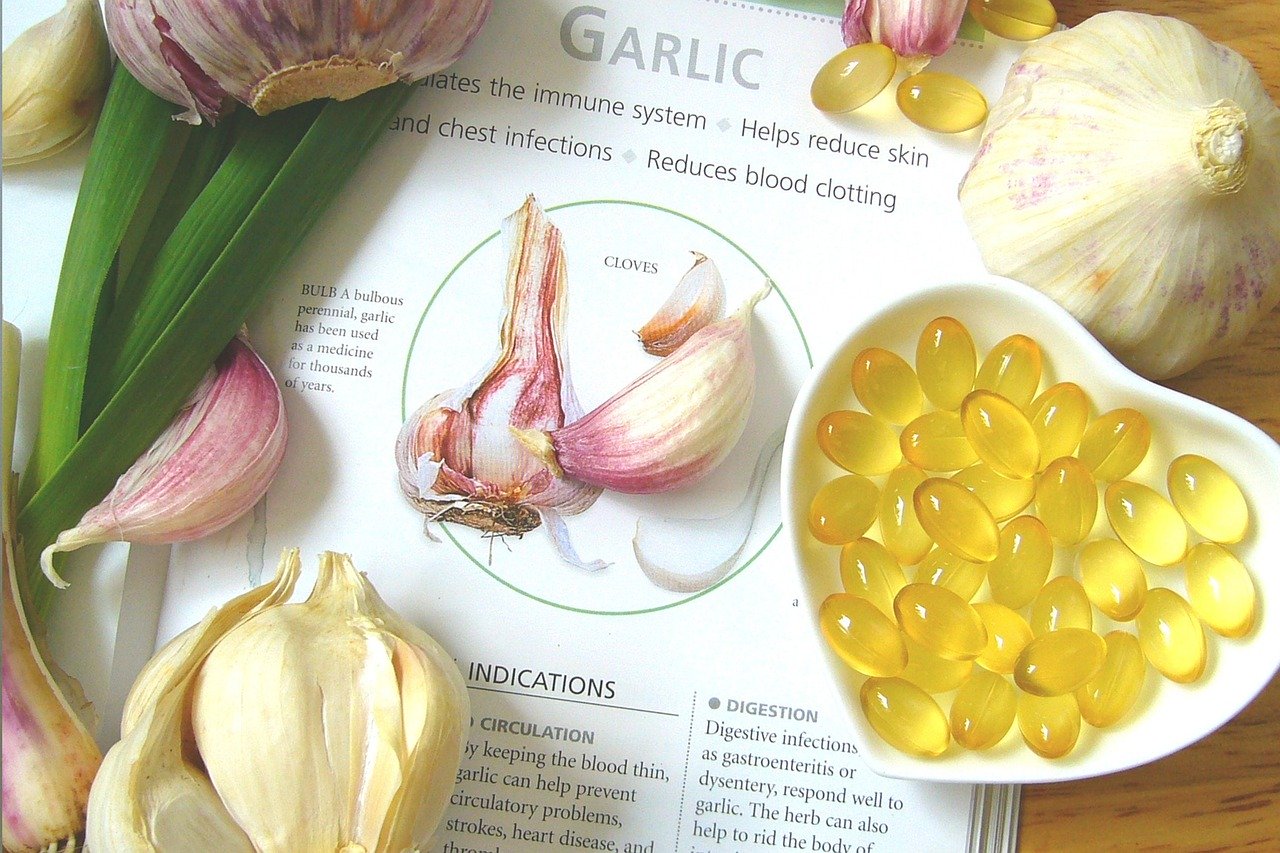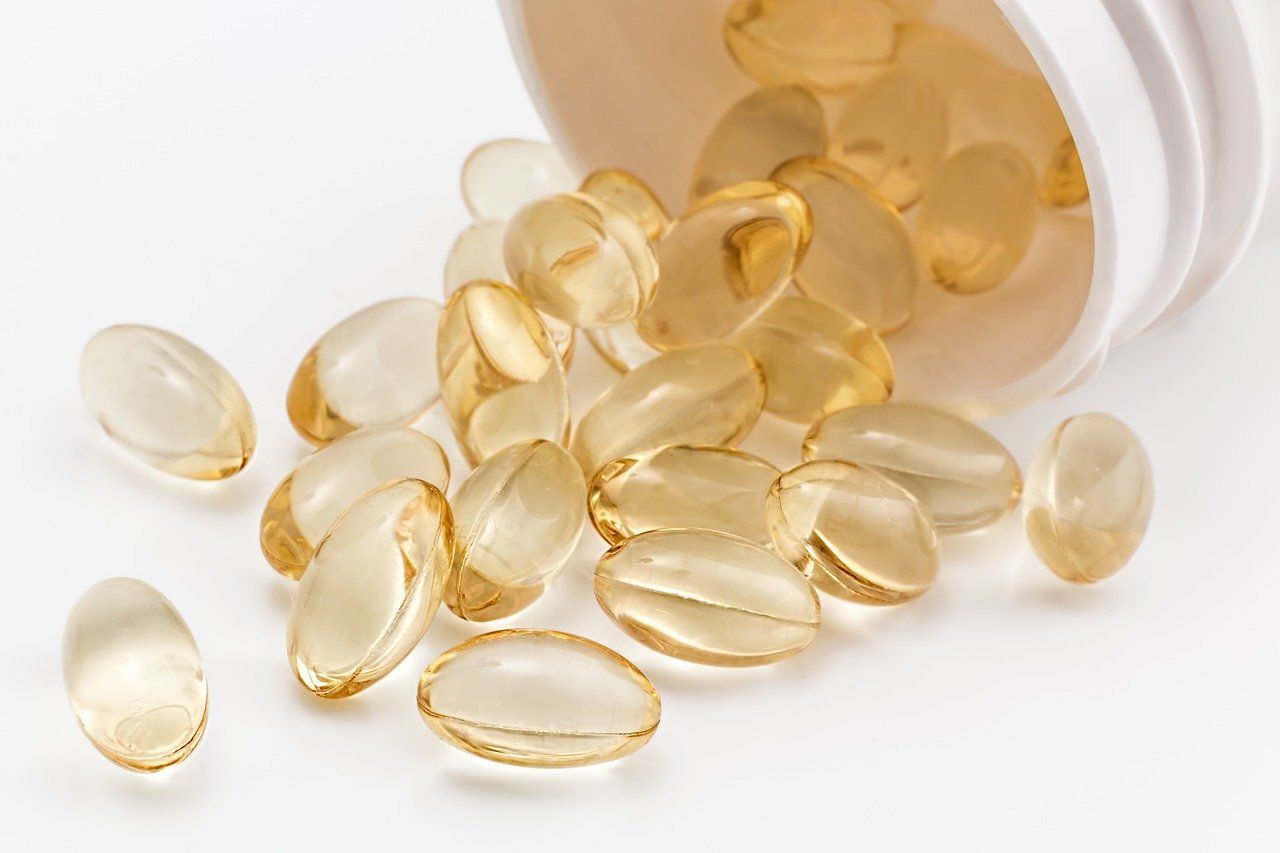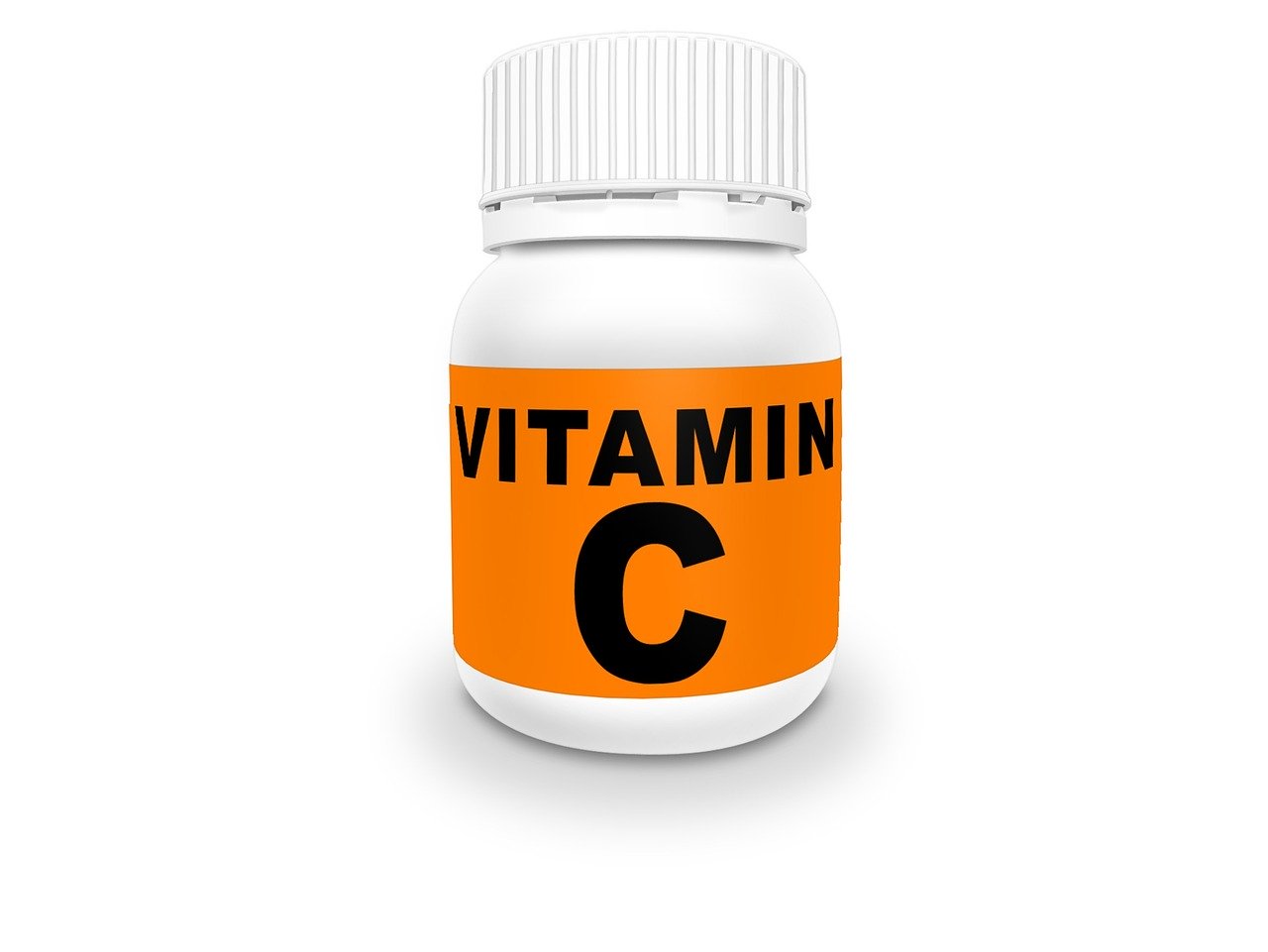In December 2019 researchers from Australia, Canada and New Zealand published their review of the medical scientific literature to assess whether ante-natal magnesium sulphate supplementation is associated with unintended adverse … Read more
Mixed herbal supplementation containing fenugreek, ginger and turmeric appears to increase human milk volume thereby enabling exclusive breastfeeding
In November 2018 researchers from Thailand published the results of their study to assess the effects of mixed herbal supplementation, including fenugreek, ginger, and turmeric on human milk volume and … Read more
Some plants as natural remedies may have a beneficial effect on different aspects of polycystic ovary syndrome
In December 2019 researchers from Iran published their review of the medical scientific literature to assess the effect of different herbal medicines used for polycystic ovary syndrome. The researchers stated … Read more
Omega-3 supplementation from the 24th week of pregnancy appears to lead to a higher BMI in offspring from 0 to 6 years of age but not an increased risk of obesity at age 6
In September 2018 researchers from Denmark published the results of their study to assess the effect of omega-3 long chain polyunsaturated fatty acids supplementation during pregnancy on the measurements and … Read more
Excessive mineral intake may prolong the pregnancy
In September 2019 researchers from Australia published the results of their study to assess the the effects of supplements during pregnancy on nutrient status and birth outcomes. A total of … Read more
Multivitamin/multimineral supplementation in pregnancy appears to reduce the risk of a low birthweight baby, small for gestational age baby and a reduced risk of a preterm birth
In March 2019 researchers from Canada published their review of the medical scientific literature to assess the benefits of oral multivitamin/multimineral supplementation during pregnancy on maternal, foetal and infant health … Read more
Vitamin D deficiency appears to be associated with impaired muscle strength and reduced mobility in the elderly
In October 2019 researchers from Ireland published the results of their study to assess the association between impaired muscle function and serum vitamin D status in community-dwelling older adults. A … Read more
Preterm birth (before 37 weeks) and early preterm birth (before 34 weeks) appear to be reduced in women receiving omega-3 long chain polyunsaturated fatty acids either as supplementation or dietary addition plus possibly a reduced risk of perinatal death, neonatal care admission, and low birth weight babies but possibly a small increased risk of large for gestational age babies
In November 2018 researchers from Australia published their review of the medical scientific literature to assess the effect of omega-3 long chain polyunsaturated fatty acids, either as a supplement or … Read more
Vitamin D supplementation probably reduces the risk of pre-eclampsia, gestational diabetes, low birthweight and may reduce the risk of severe postpartum haemorrhage, whilst vitamin D and calcium probably reduces the risk of pre-eclampsia but may increase the risk of preterm birth (before 37 weeks)
In July 2019 researchers from the USA published their review of the medical scientific literature to assess whether vitamin D supplementation, either alone or in combination with calcium or other … Read more
Calcium supplementation before and early in pregnancy may reduce the risk of women experiencing pre-eclampsia or pregnancy loss at any gestational age
In September 2019 researchers from South Africa published their review of the medical scientific literature to assess the effect of calcium supplementation, given before or early in pregnancy and for … Read more
Supplementing the diet with a combination of multiple immune-supporting nutrients, including vitamins A, E, B6 and B12, folate, iron, copper and selenium but especially vitamins C and D and zinc, may improve immune function and reduce the risk of infection
In January 2020 researchers from the USA and Switzerland published their review on nutrients and the immune system. It has been established that multiple nutrients, including vitamins A, D, C, … Read more
Calcium, vitamin D, folic acid and resveratrol supplementation may prevent the development of hypertensive disorders in pregnancy
In January 2020 researchers from Italy published their review of the medical scientific literature to assess whether dietary supplements are able to lower blood pressure levels in pregnant women with … Read more
Co-enzyme Q10, vitamin C, omega-3 polyunsaturated fatty acids, gingseng, garlic and probiotic supplementation may reduce blood pressure levels in individuals with hypertension
In February 2020 researchers from Japan published their review on the potential benefits of garlic and other dietary supplements for the management of hypertension. The control of hypertension is extremely … Read more
Aged garlic extract appears to reduce inflammatory markers in gingivitis
In March 2020 researchers from Japan published the results of their study to assess the effect of an aged garlic extract in inflammatory markers in gingivitis. It is known that … Read more
Saffron supplementation may significantly decrease the number of tender and swollen joints, pain intensity and disease activity score in individuals with rheumatoid arthritis
In February 2020 researchers from Iran published the results of their study to assess the effect of saffron supplement on individuals with active rheumatoid arthritis. A total of 61 women, … Read more
Probiotic supplementation appears to reduce total cholesterol and triglycerides levels in pregnant women, as well as contributing to a reduced risk of gestational diabetes
In March 2019 researchers from China and the USA published the results of their review of the medical and scientific literature to assess the effects of probiotic supplementation on the … Read more
Probiotics appear to reduce the blood glucose level of all pregnant women, especially those without a diagnosis of gestational diabetes
In November 2018 researchers from Taiwan published their review of the medical scientific literature to assess the effects of probiotics on blood glucose levels of pregnant women. A total of … Read more
Garlic supplementation appears to significantly improve pain, stiffness and mobility in overweight and obese individuals with knee osteoarthritis
In June 2018 researchers from Iran and Australia published the results of their study to assess the effect of garlic supplementation on knee osteoarthritis in overweight or obese women. A … Read more
Dietary supplementation taken by older individuals may reduce the risk of some chronic diseases although it would be unwise to assume that they are all effective and safe to use
In November 2018 researchers from France published their review on dietary supplement intake in the elderly. They stated that studies in older people using multivitamin supplements long-term had shown a … Read more
Vitamin C supplementation taken at the same time as paracetamol significantly increases the degree of paracetamol absorption and the possibility of a drug-drug interaction and the risk of side effects
In August 2019 researchers from Iraq published the results of their study to assess the effect of taking vitamin C or omega-3 supplementation at the same time as paracetamol. There … Read more



















